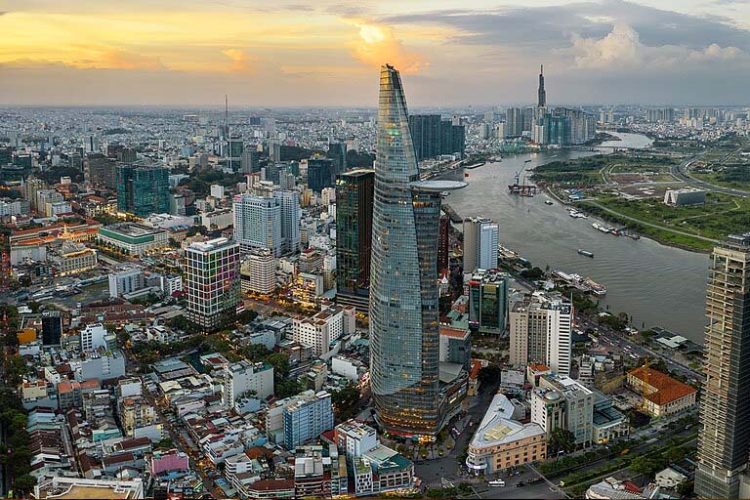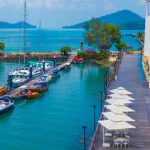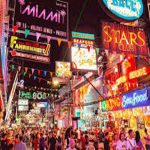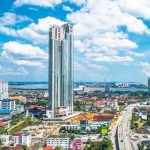Introduction
Ho Chi Minh City, formerly Saigon, is Vietnam’s vibrant economic hub—a city of contrasts. With its rich culture and low cost of living, coupled with its rising expatriate community, it’s increasingly a great retirement location. This guide provides the information to help you decide whether or not Ho Chi Minh City should be your retirement home.
Cost of Living
Ho Chi Minh City has a low cost of living compared with most Western countries. Housing, food, and transportation are pretty cheap, so most retirees can live comfortably on a modest budget. Nevertheless, it is only fair to add that the cost of living is relatively high in certain areas of the city, like District 1. Planning and budgeting carefully might get you that perfect balance of affordability and the kind of lifestyle you want.
Visa Requirements
Vietnam does not currently have a specific retirement visa. However, other long-term options do exist, involving permanent residency permits or a retirement visa through investment. The appropriate visa for entry is complex in nature, and as such, the options should be researched with professional advice as necessary.
Healthcare
Vietnam is rapidly developing its health system, combining both public and private hospitals and clinics. Medical care has improved immensely in the last years; still, having health insurance can grant full coverage of services rendered. Ho Chi Minh City encompasses most of these healthcare options, covering international standard hospitals working to global best practices and with modern facilities.
Lifestyle and Culture
Ho Chi Minh City exudes vibrant dynamism but retains both traditional and modernist influences, allowing you the best of both worlds: world-class shopping, dining, and entertainment alongside Vietnamese culture. The expat community is large and growing, hence supportive of networking and social activities.
Safety and Security
Ho Chi Minh City has a low rate of crime; however, one must be very cautious, particularly in crowded places. Be constantly on guard for petty frauds that take place on foreigners and take good care of your belongings. Developing friendships with locals will add to the feeling of safety and well-being.
Things to Consider Before Moving
The right area to live in is very important to enjoying one’s retirement in Ho Chi Minh City. Consider your lifestyle preference and budgetary issues related to access to facilities. Ranging from affordable apartments to high-end luxury condominiums, all kinds of property are available. You need to be prepared for the tropical climate with hot and humid weather for most of the year.
Transportation
Ho Chi Minh City is chaotic in terms of traffic; however, various transport facilities are provided by the city. Much of the transport is by motorbike, although this can be a quite frustrating experience for new travelers. Taxis, buses, and ride-sharing are other alternatives.
Education
If you have children or grandchildren considering studying in Ho Chi Minh City, there are several options for them to study here. You can find a mix of public and private schools, along with international schools for foreign students. Higher education is represented by several universities and colleges.
Nearby Attractions and Activities
Ho Chi Minh City is your gateway to the wealth of history and natural beauty of Vietnam. From historical landmarks to beach getaways and local culture, everything is in for you here.
Pros and Cons
Pros:
- Low cost of living
- Vibrant city life/culture
- Economic and infrastructural development
- Availability of modern amenities
- Good options for travel and exploration
Cons:
- Traffic congestion and air pollution
- Cultural adjustment
- The tedious process of getting a visa
- Poor public transport connectivity in certain areas
But the real question is, does Ho Chi Minh’s dynamic atmosphere and affordable lifestyle really fit your retirement goals? Weighing the pros and cons will help you answer this.
Related posts:

Ray Brocklesby, the site owner, is a Brit who now lives in the Philippines. He is retired and lives with his wife Weng, Daughter Kristelle, nephews, Harvey and Boknoy, and mother-in-law. Ray also has a son and daughter living in the UK, and a son in New Zealand.













